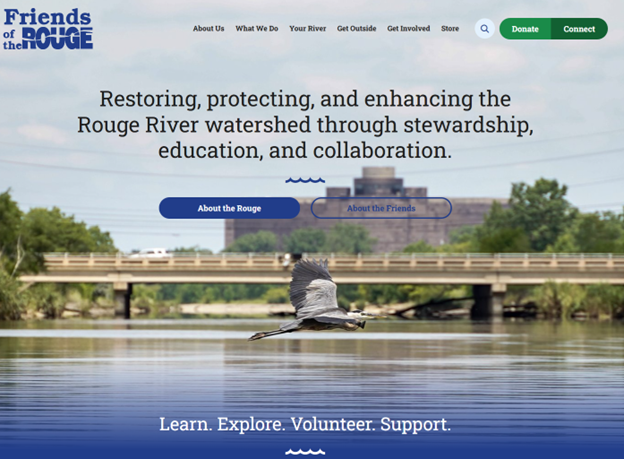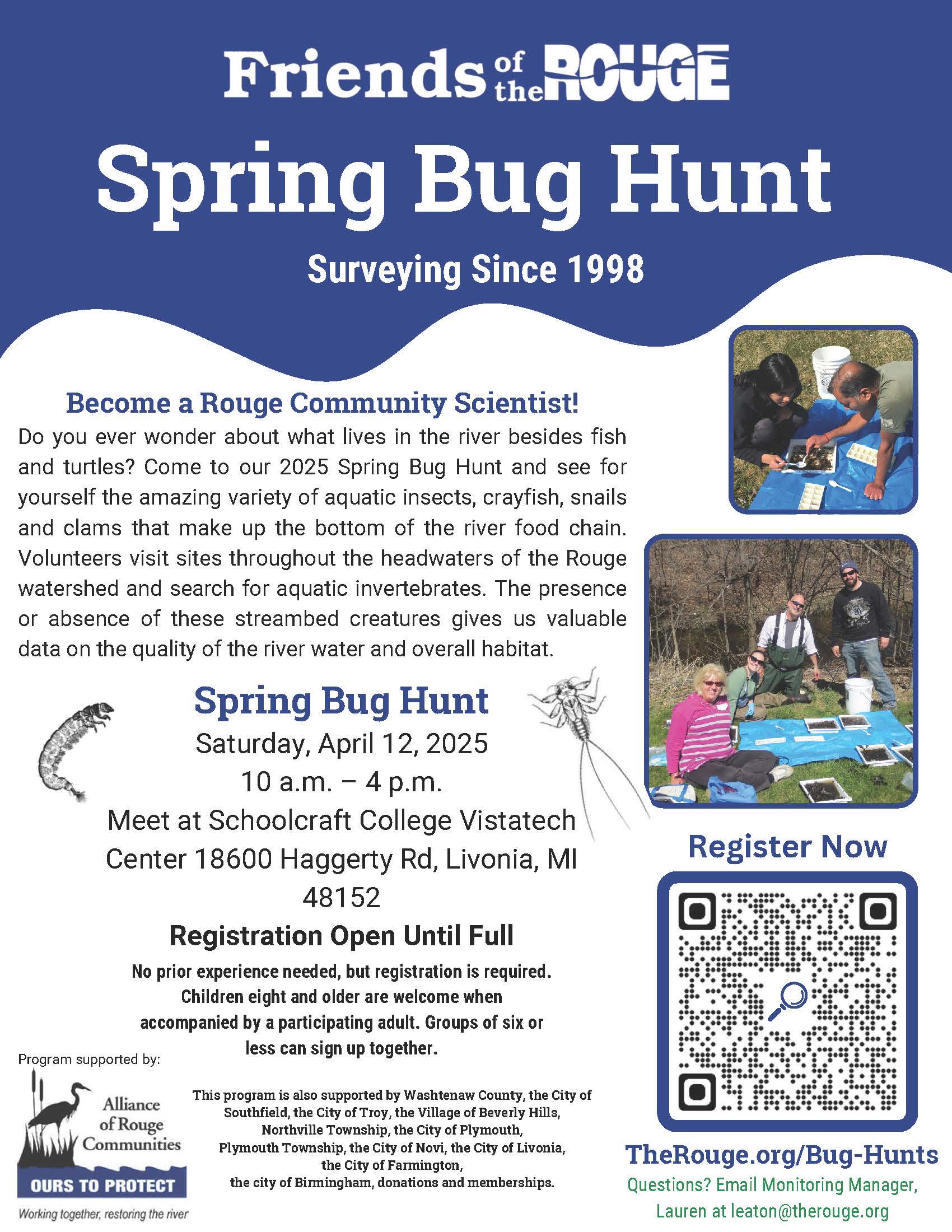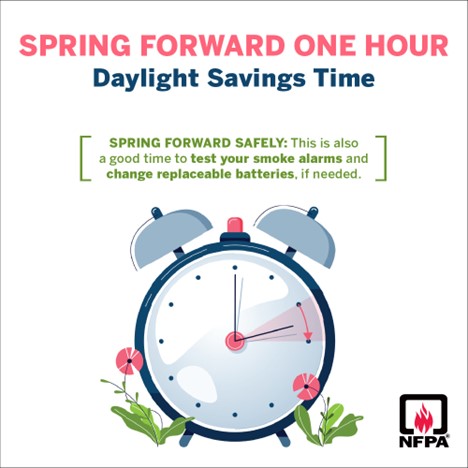Covid-19 Safety Information
The Environmental Health and Safety at the University of Michigan-Dearborn is dedicated to maintaining the health and safety of our campus community. Visit the Health and Vaccinations page for current information regarding COVID-19.
The Dearborn campus offers face coverings (surgical and KN95 masks) to any student, faculty, or staff member that would like to use them while they are on campus. If you need a face mask, you can pick one up at these locations during their regular operating hours.
Our Mission
The Mission of the Department of Environmental Health and Safety (EHS) is to support the University’s Mission through partnership, guidance, and education to promote health and safety, protection of the environment, and regulatory compliance.
Our Vision states how we intend to meet that mission:
- EHS will lead the University in development, dissemination and application of health, safety, and environmental programs. Environment health and safety programs will be integrated into University activities while maintaining efficiency and cost-effectiveness.
- EHS will provide resources, guidance and training to the University community in matters related to environmental health and safety.
- EHS activities will incorporate the values of quality, responsibility, accountability, trust, diversity, flexibility, and respect.


 Become a Rouge Community Scientist! Do you ever wonder about what lives in the river besides fish and turtles? Come to our 2025 Spring Bug Hunt and see for yourself the amazing variety of aquatic insects, crayfish, snails and clams that make up the bottom of the river food chain. Volunteers visit sites throughout the headwaters of the Rouge watershed and search for aquatic invertebrates. The presence or absence of these streambed creatures gives us valuable data on the quality of the river water and overall habitat.
Become a Rouge Community Scientist! Do you ever wonder about what lives in the river besides fish and turtles? Come to our 2025 Spring Bug Hunt and see for yourself the amazing variety of aquatic insects, crayfish, snails and clams that make up the bottom of the river food chain. Volunteers visit sites throughout the headwaters of the Rouge watershed and search for aquatic invertebrates. The presence or absence of these streambed creatures gives us valuable data on the quality of the river water and overall habitat.
